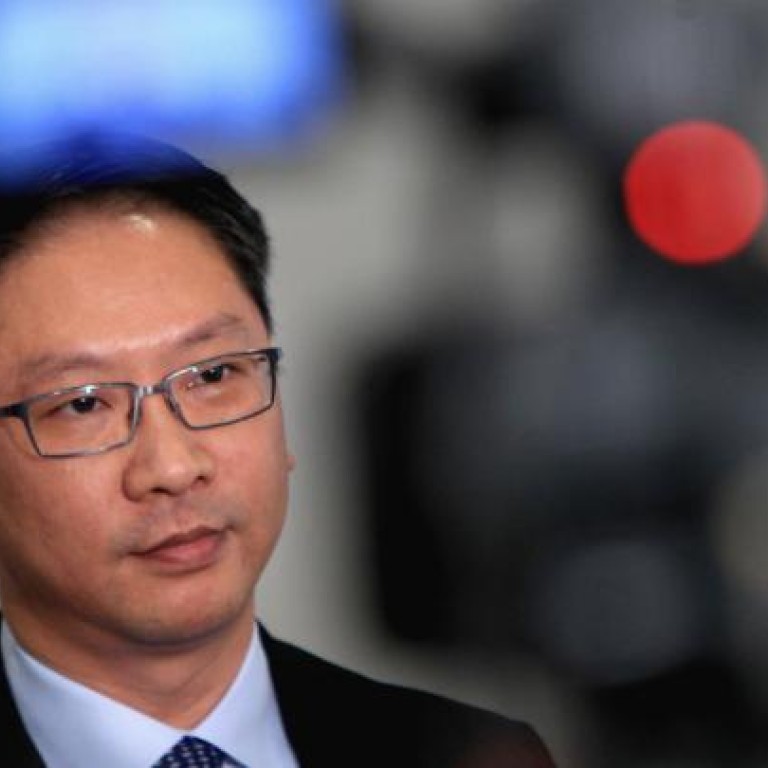
Cross-border babies not home yet
Government makes it clear it still intends to tackle permanent residency status granted to babies born here to parents who live across the border
The justice secretary is expected to be grilled by lawmakers about the right of abode for children born in Hong Kong to mainland parents after the Chief Executive Leung Chun-ying stressed the city "will and should seek a better legal solution".
It follows the Court of Final Appeal's refusal to refer to Beijing for an interpretation of the Basic Law regarding right of abode, which was expected to impact on mainlanders' babies born here - currently granted the right to permanently reside in the city.
Six hours after Monday's ruling, which was part of a landmark case refusing right of abode to foreign domestic workers, Secretary for Justice Rimsky Yuen Kwok-keung said "the government will further study the Court of Final Appeal judgment and consider further options available within the local legal system" to tackle the issue.
Leung said yesterday that meanwhile the government would continue to progressively carry out administrative measures to curb the influx of mainland mothers-to-be eager to secure residency rights for their children.
Its measures so far include immigration controls to try to restrict the entry of mainland pregnant women and a crackdown on agencies arranging travel to Hong Kong for the pregnant women.
A zero quota on bookings for maternity beds for mainland women is also in force.
Commenting on Leung's remarks, Professor Dinusha Panditaratne of the Chinese University of Hong Kong, who specialises in constitutional law, gave three possible "legal solutions": an amendment to the Immigration Ordinance; an amendment to the Basic Law; or interpretation by the National People's Congress Standing Committee.
"The least problematic from the rule-of-law perspective would be an amendment to the Basic Law where at least the rights would be clearly put down on paper," she said.
The least problematic from the rule-of-law perspective would be an amendment to the Basic Law where at least the rights would be clearly put down on paper
Lawmakers including barrister Dennis Kwok Wing-hang of the Civic Party and solicitor James To Kun-sun of the Democratic Party believe amending the ordinance was one of the options "within the local legal system" being considered by the government, such as restricting the meaning of permanent residency, despite the risk of constitutional challenges.
Legislator and New People's Party chairwoman Regina Ip Lau Suk-yee warned the solutions had to be "practical, constitutional and able to stand up to judicial review".
She agreed that amending the ordinance was an option but warned it could be subject to legal challenges.
In a meeting of the Administration of Justice and Legal Services Panel yesterday, Dennis Kwok and his Civic party colleague Ronny Tong Ka-wah, as well as James To and fellow Democrat Emily Lau Wai-hing said Yuen must be made to clarify at the next meeting on April 23 just what the possible "legal solutions" are and what is meant by "within the local legal system".
They also voiced fears that the government would go directly to Beijing for an interpretation instead of via the Court of Final Appeal.
Panel chairwoman Priscilla Leung Mei-fun of the Business and Professionals Alliance agreed with the pan-democrats that Yuen had to elaborate on what possible options were available on top of the current administrative measures.
The pan-democrat representatives also felt the current administrative means were effective and saw no urgency for further restrictions.

